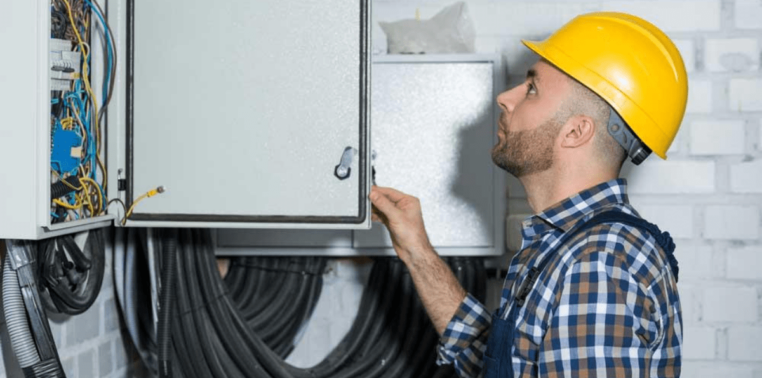
As per the new EICR rules, from 1st July 2020 onwards, landlords in England are required to get an Electrical Installation Condition Report (EICR) before letting their properties to new tenants.
From 1st April 2021, the rule will apply to all existing tenancies in England. This implies that landlords are obligated to make their properties safe for tenants to use by maintaining and repairing their electrical installations.
Earlier, it was not compulsory to carry out such electrical checks in England. These rules have come into effect, considering that faulty electrical wiring and devices are the most common causes of fires in England.
By regular inspections, faults in the appliances or wiring can be unearthed, like any device consuming excess current, insufficient earthing, or damaged wires. These checks will enable landlords to take corrective measures and maintain the safety of the electrical equipment.
It will help to prevent damage to property and financial losses, as well as prevent injuries to the house inmates. The electrical safety certificate aims to make properties safe for both tenants and landlords.
Here are some new rules which must be duly obliged by all the landlords across England:
The engineer will check the fixed electrical components of the property, including the wiring, plug sockets, light fixtures, and the fuse box. Permanently installed electrical devices will also be inspected.
The engineer conducting the inspection will locate the following:
If there are no repairs needed, the landlord is not required to take any corrective steps. If remedial action is needed, the report will contain the following classification codes:
In the case of codes C1 and C2, corrective steps are required, and the electrical installations are not deemed suitable for continuous use
In the case of F1, further probing is needed and the landlord must carry on the actions required
For C3, no corrective steps are required, but the landlord could make some improvements to enhance the safety of his electrical installations.
Landlords failing to get an electrical installation condition report from 1st July 2020 onwards will have to pay a fine of up to £30,000. These rules, laid down by the Housing Act, 2004, will be implemented by local authorities.
Landlords are also obligated to carry out remedial measures based on the report’s recommendations. They are given 28 days to carry out the corrective action, and if more urgent, even earlier.
The objective of the new EICR rules is to make all rented properties safe for tenants and minimize the risk of fires and damage to human life and property.
It is in the best interests of landlords to get an electrical safety certificate every five years. It will also help landlords avoid any legal disputes with tenants following accidents or damage due to fires. It will ensure safety and peace of mind for both tenants and landlords.




 Request Callback
Request Callback